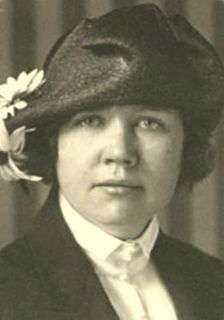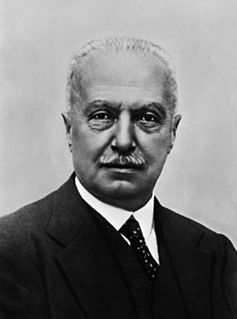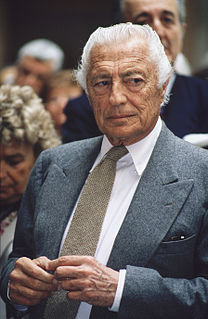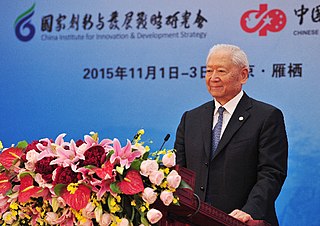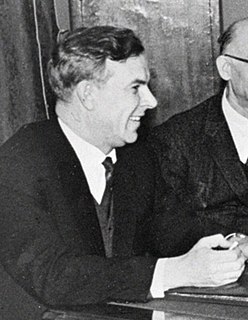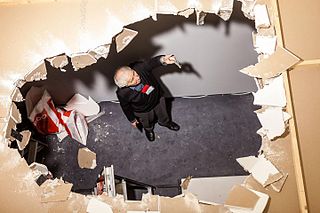A Quote by Rose Wilder Lane
I came out of the Soviet Union no longer a communist, because I believed in personal freedom.
Related Quotes
The first year I was in office, only about 800 people came out of the Soviet Union, Jews. By the third year I was in office... second year, 1979, 51,000 came out of the Soviet Union. And every one of the human rights heroes - I'll use the word - who have come out of the Soviet Union, have said it was a turning point in their lives, and not only in the Soviet Union but also in places like Czechoslovakia and Hungary and Poland [they] saw this human rights policy of mine as being a great boost to the present democracy and freedom that they enjoy.
25 million of Russian people suddenly turned out to be outside the borders of the Russian Federation. They used to live in one state; the Soviet Union has traditionally been called Russia, the Soviet Russia, and it was the great Russia. Then the Soviet Union suddenly fell apart, in fact, overnight, and it turned out that in the former Soviet Union republics there were 25 million Russians. They used to live in one country and suddenly found themselves abroad. Can you imagine how many problems came out?
This much I would say: Socialism has failed all over the world. In the eighties, I would hear every day that there is no inflation in the Soviet Union, there is no poverty in the Soviet Union, there is no unemployment in the Soviet Union. And now we find that, due to Socialism, there is no Soviet Union!
KGB was inseparable part of the Soviet Union and the whole structure of the Soviet society. We believe that the achievements of the Soviet Union and of the Soviet society, it's main achievements until the split in 1991, it was at the same time the main achievements of the KGB, because it was working for the same cause.
Judging by their positions at the time, rather than their post hoc allegations, Democrats adored the Soviet Union. Congressional Democrats repeatedly opposed funding anti-Communist rebels, they opposed Reagan's military build-up, they opposed building a shield to protect America from incoming missiles, they opposed putting missiles in Europe. As a rule, Democrats opposed anything opposed by their cherished Soviet Union.
Back in 1956, we signed a treaty and surprisingly it was ratified both by the Supreme Soviet of the Soviet Union and the Japanese Parliament. But then Japan refused to implement it and after that the Soviet Union also, so to say, nullified all the agreements reached within the framework of the treaty.
Don't believe Wikipedia, not everything written there is true. The Soviet Artists Union was not a communist party organization. It was a professional union, which did not protect you from the government if the government decided you were the enemy, but it did give you the possibility to work in your profession and survive.
